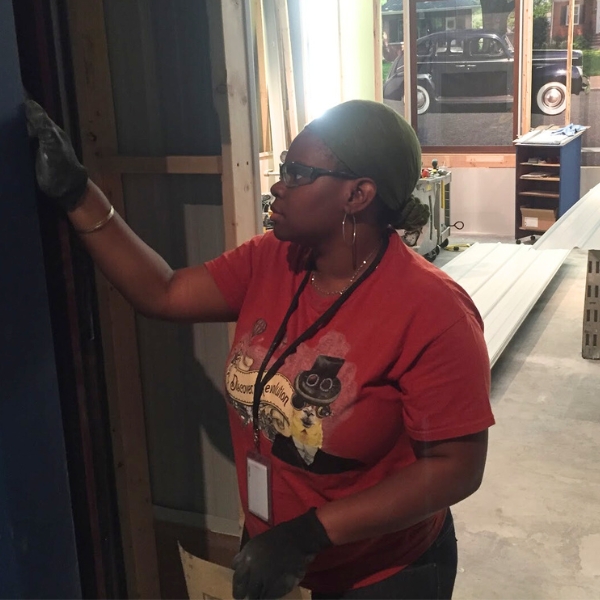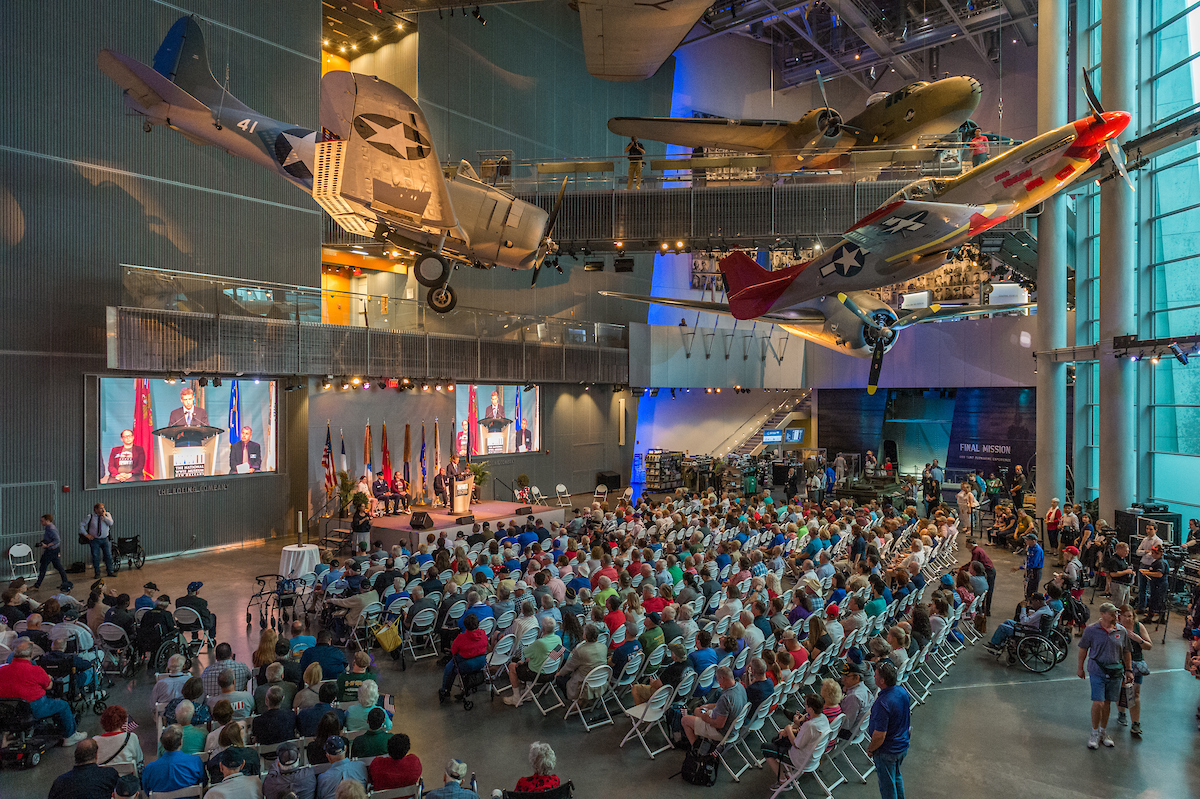
Amber Mitchell: Making history public and accessible to all
Amber has always been passionate about telling the stories of underrepresented peoples in historical institutions, as well as making these institutions more accessible to all people. She earned her Bachelor of Arts in History from Wayne State (2013), and a Master of Arts in Public History from Indiana University-Purdue University, Indianapolis (2017). She worked at the American Association for State and Local History, the Indiana Historical Society, and Indiana Humanities.

Today, Amber is the assistant director of public engagement at the National WWII Museum in New Orleans, where she leads the public programs and community engagement team in their efforts to create innovative educational programs for a variety of audiences, as well as purposeful community relationship building within the Greater New Orleans area.
Here's what she's up to now
"After returning to traditional museum spaces in 2017, my time working in parallel organizations prepared me to look critically at many aspects of history museum life, including meaningful relationship building and engagement with the communities that live in our city. Ultimately, exhibits, programs, collections, whatever: none of that matters if you can’t get people in the door--museums are a space of stratification and accessibility is the challenge for all of us to master. That’s where I make my professional "home" now: the intersection of history education and public advocacy for equitable accessibility for all. And, I couldn’t be happier."
Her advice to students who want to work in museums
"The best advice I can give to those looking to build a career in the field generally is to have a range of work experience before you graduate, even from undergrad. Volunteer, intern, and work as much as possible in a variety of types of subfields (archives, libraries, museums, universities, humanities councils, corporate collections, just to name a few) so that you know what this entire field has to offer and can make wise decisions in framing your future. The more diverse your skills, the more appealing you are to a wider array of potential employers, and the more likely you will have to work consistently in this very competitive field. But remember that life finds a way and that the skills you develop as a public historian are widely transferable. Sometimes, you can do all the cool history stuff you enjoy in places and spaces with people you never dreamt of previously. And isn’t that just the tightest?"